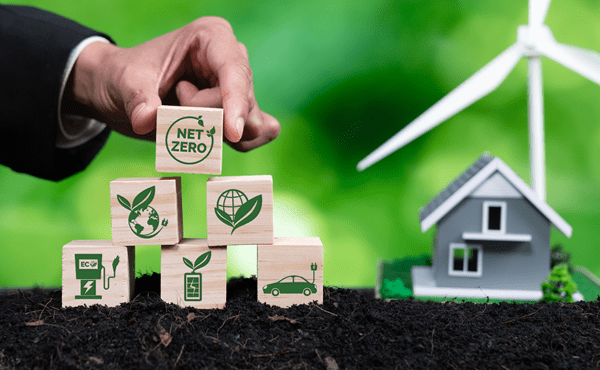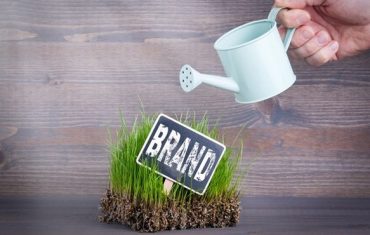Traditional sustainability is no longer adequate, according to a recent trends report, with nearly seven in 10 (67 per cent) of Australian respondents agreeing we need to move beyond ‘sustaining’ and into ‘reversing’ the damage done.
Traditional sustainability focuses primarily on environmental considerations, while regenerative sustainability or regeneration broadens the scope. Regenerative sustainability extends beyond the planet, encompassing people and communities.
The What Matters 2024 report finds 79 per cent of Australians believe brands need to take responsibility to help safeguard the future of our planet.
The key takeaway is that most Australians no longer believe the status-quo mindset when it comes to the state of our environment and our communities is sufficient, explains Matthew Jorgensen, senior business director, Human8 Australia, one of the companies behind the report.
“With regenerative sustainability, brands are challenged to foster a more harmonious relationship between commerce and caring for our people and planet,” he says.
“A healthy environment and social equity are interconnected components of a truly sustainable and regenerative future.”
Other key findings include:
• Consumers look to brands for inspiration and vision to move them towards positive change―70 per cent believes making the world a better place isn’t something they can do on their own. It requires people, organisations and brands with a clear vision to take the lead and drive change.
• Moving the needle on sustainability―only one in 10 can confidently state they have a sustainable lifestyle. Price (57 per cent), availability (42 per cent) and education (37 per cent) on sustainable options would help consumers adopt a more sustainable lifestyle.
• Brands need to be more transparent about sustainability efforts―77 per cent says brands need to provide more information about sustainability efforts, with 43 per cent saying that brands that don’t communicate about sustainability aren’t sustainable.
• Flip the script on diversity and inclusion―43 per cent states that fighting dominant norms and labels used in society is draining and ineffective. They believe it is better to just let go and create your own way of doing things.







